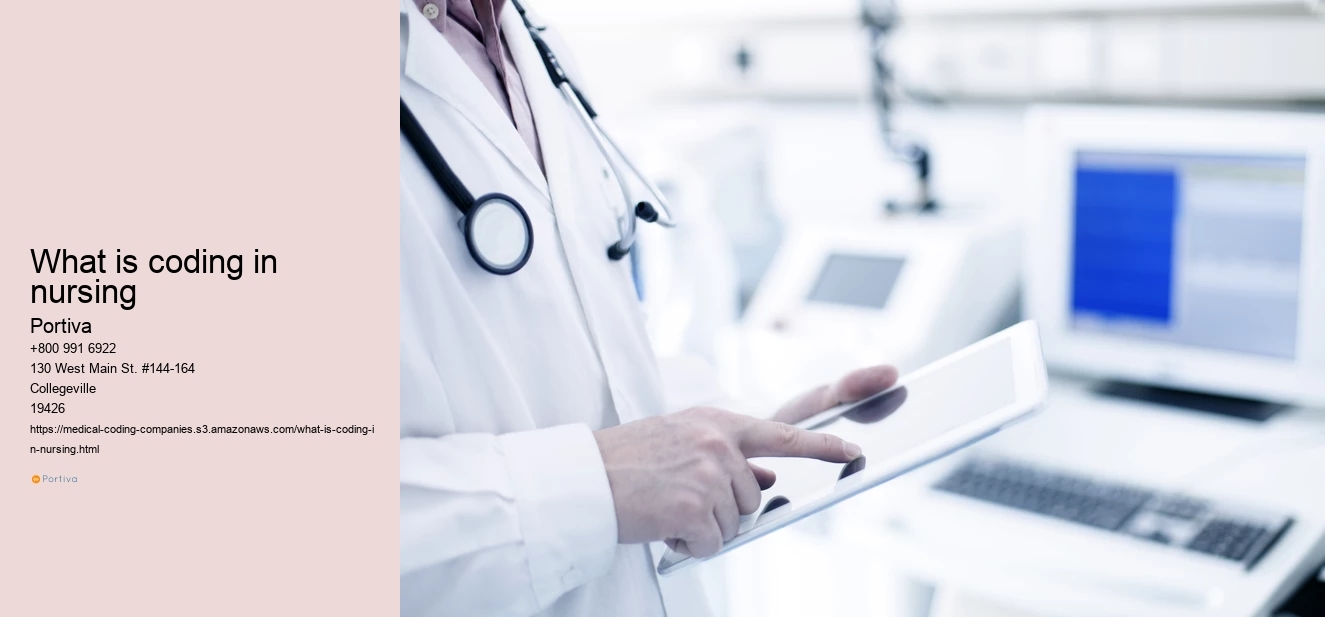Medical coders may also be tasked with keeping track of patients' medical records and handling that information in a very secret manner. In addition to the aging population's increased demand for healthcare services, other factors contributing to this expansion include the growing usage of electronic health records, which necessitates the management and upkeep of medical coding specialists' expertise. Medical coders act as a crucial link between healthcare providers and insurance firms, guaranteeing correct and prompt compensation. Due to the fact that they provide vital information to insurance companies that pay for medical treatments, these codes are largely utilized for reimbursement purposes. The act of converting medical procedures and diagnoses into a set of codes that are universally understood is known as medical coding. A medical coder examines medical records delivered by healthcare practitioners, including patient diagnoses and treatments carried out. In order to make sure that proper coding is being used, a medical coder's job also involves evaluating and analyzing medical records, looking up codes and rules, and engaging with healthcare professionals. They can guide you through the difficult and constantly changing world of medical coding thanks to their knowledge and experience. They provide specialized coding services that help streamline healthcare data and billing. However, obtaining certification from AAPC or other recognized organizations is necessary to show competency in medical coding. To choose the certification choice that best suits your needs, it is crucial to carefully consider the prerequisites, training options, and certification possibilities.
medical coding companies
